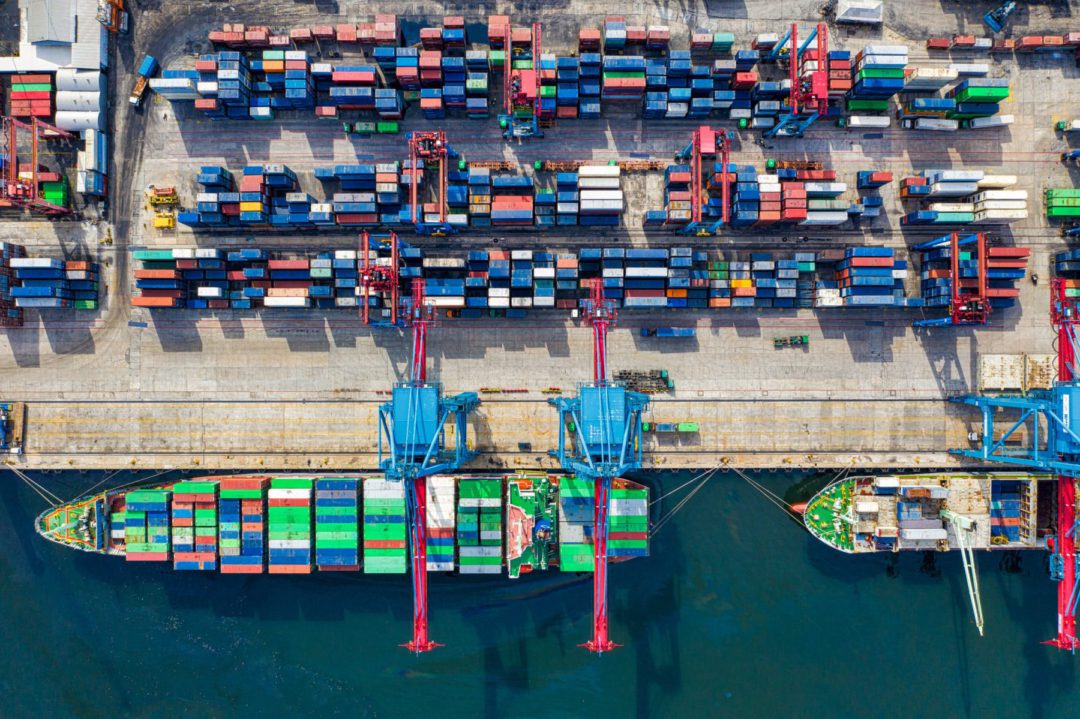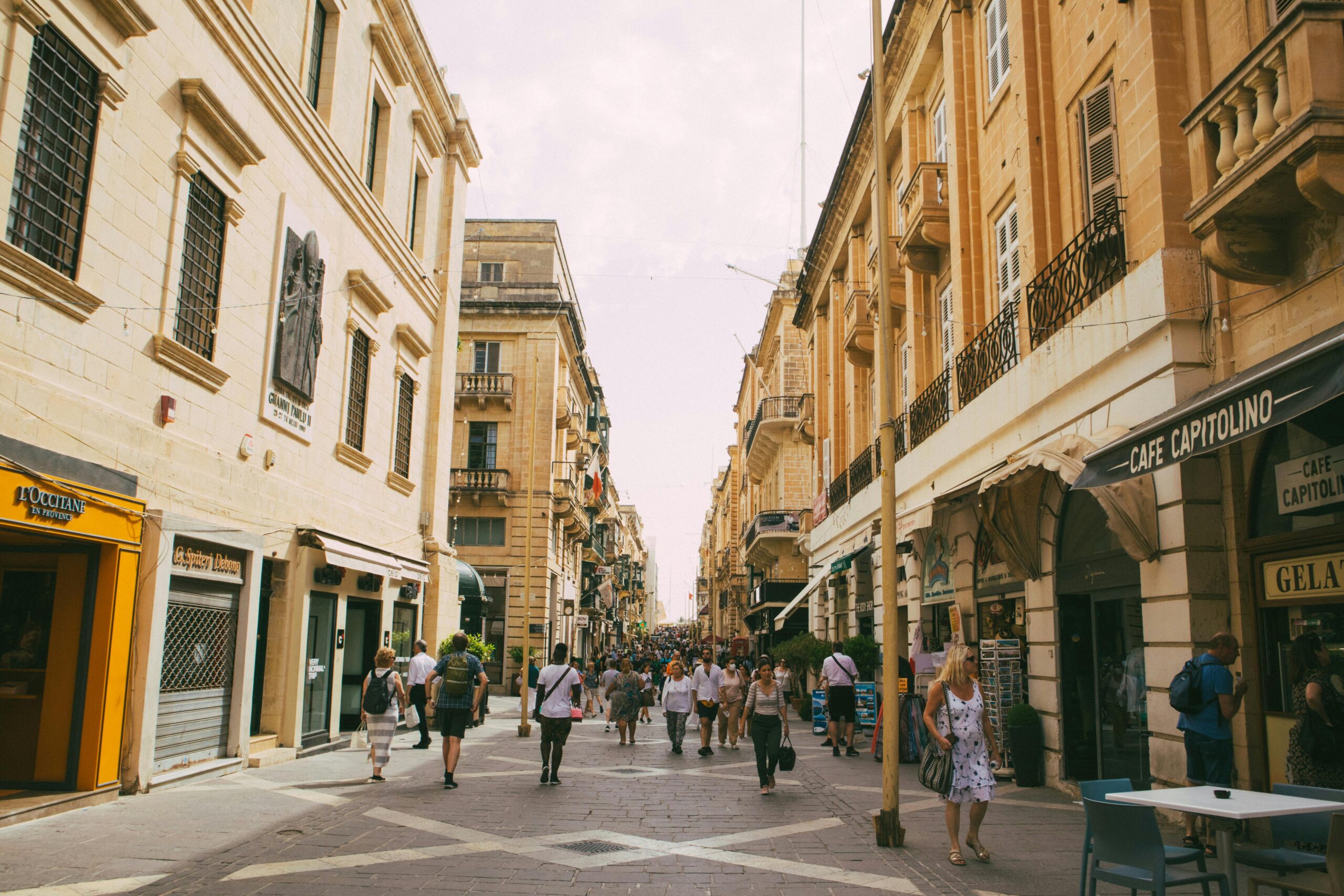When Health Minister Chris Fearne announced last week that the Government would announce the first phase of Malta’s COVID exit strategy, the country breathed a collective sigh of relief, as it seemed there was finally light at the end of the tunnel.
Indeed, Mr Fearne held true to his word and earlier this week announced that various measures were being relaxed, including the controversial vaccine certificate requirement for entry into bars, restaurants and so on.
But worrying developments far beyond Malta’s shores could put a spoke in the wheels of the country’s recovery plans.
European firms doing business in China are worried the spread of the Omicron coronavirus variant in the country will trigger stricter lockdown measures from Beijing that could exacerbate global supply chain problems.
In contrast to most other countries, which have been moving towards the strategy of living with the virus, China has continued to hold fast to its extreme zero-COVID approach.
Earlier this month, two cases of Omicron were found in the port city of Tianjin – 30 minutes from Beijing by high-speed train. As a result, rail and bus services were suspended, and the city embarked on a second round of testing everyone in the city of 14 million.
Car manufacturers Toyota and Volkswagen have suspended production at their Tianjin factories.
Given that the Omicron variant is highly contagious, China’s approach faces its toughest challenge yet, with the International Monetary Fund (IMF) calling on the country to re-think its strategy.
Eurasia Group, a US-based consultancy, has put China’s virus prevention effort at the top of its risk assessment for 2022, suggesting that the policy will further weigh down on the global economy.
BusinessNow.mt spoke to local economist JP Fabri to gauge what effect this might have on Malta.
“The past few years has reaffirmed that we are truly living in a volatile, uncertain, complex, and ambiguous world and looking into 2022 the trend is expected to continue,” he said.
“Shipping bottlenecks have exposed one of the most serious threats to the global economy as it continues to slowly emerge from the pandemic: whether the worldwide shipping jam remains gridlocked or begins to flow again in 2022.
Mr Fabri explained that if bottlenecks persist, freight costs will remain high, space for cargo on ships will be limited and retailers and manufacturers will have to endure chronic delays. That could in turn fuel inflation, prompt supply chain upheavals and accelerate the consolidation of shipping networks, fundamentally changing world trade.
“The spread of Omicron in China and the increase in restrictive measures will surely put more strain on supply chains impacting inflation due to additional bottlenecks.”
Mr Fabri said that, for a small and open economy like Malta’s, this creates additional pressures on local industry and retailers, which are at the mercy of international and external forces.
However, one must also try to identify opportunities as European firms are embarking on three main strategies to counteract this risk – regionalization, reshoring, and nearshoring. Malta can benefit from two main approaches, namely regionalisation and nearshoring – the practice of transferring a business operation to a nearby country.
“With increased applicability of additive manufacturing and 3D printing, Malta needs to identify its ability to attract high value-added manufacturing towards its shores as part of a wider move towards regionalisation and nearshoring. This should be given priority from an industrial policy perspective as there might be opportunities for Malta to seize and exploit.” he said.
Local filmmakers paid just €250 to screen at Mediterrane Film
The figure stands in stark contrast to the estimated €5 million total spend
Malta International Airport closes in on one million passengers in June
Meanwhile, aircraft traffic movement rose by 4.5 per cent year on year
Malta’s population hits 574,250 in 2024, up by 1.9%
Total net migration was at 10,614 persons, the vast majority being non-EU citizens






